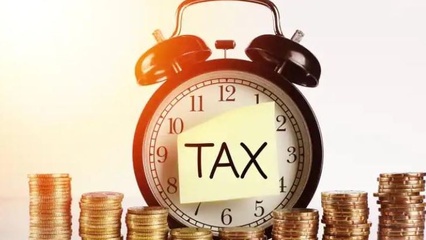T
Originally published by The Standard BusinessOctober 27, 2025
3w ago
Beyond revenue: Why Kenya must reform its capital gains tax

Excessively high capital gains tax rates could discourage investment, stifle entrepreneurship, potentially slow economic growth and prompt capital flight to more tax-friendly jurisdictions. ..
✨ Key Highlights
Kenya's capital gains tax (CGT) framework, currently at 15%, is a critical source of government revenue and aims to reduce economic inequality. However, there are growing calls for reform to ensure fairness, especially concerning the impact of inflation on long-term investments.
- CGT is levied at 15% on profits from the sale of property, defined broadly to include land and shares.
- The current system does not account for indexation, meaning investors pay tax on nominal gains that may be eroded by inflation, leading to unfair outcomes for long-term investors.
- For instance, a Ksh 1.5 million nominal gain on a Ksh 1 million land purchase over 20 years, with 6% annual inflation, would actually be a real gain of only Ksh 300,000.
- Kenya's Income Tax Act provides exemptions for corporate restructuring and the sale of primary residences valued under Ksh 3 million, intended to support business continuity and individuals.
- The article, authored by consultants within PwC’s tax line of service, emphasizes the need for a balanced approach to CGT to avoid discouraging investment and promoting capital flight.
Continue Reading
Read the complete article from The Standard Business
